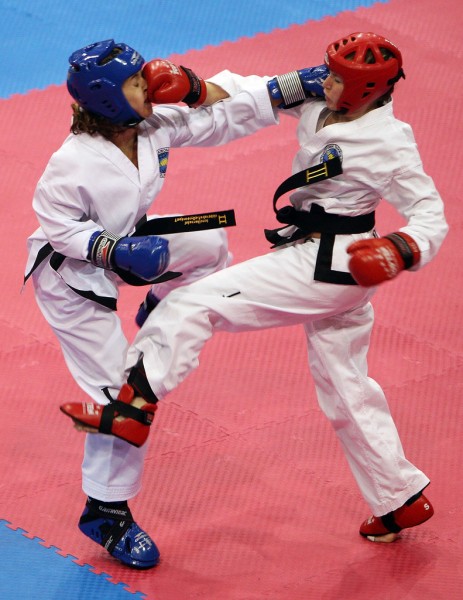MARTIAL COMPETITIVENESS
by Todd Jones – Department of Philosophy, University of Nevada
At a typical Taekwondo tournament sparring competition, it is not unusual to hear coaches make statements to each other
along the lines of, “Eric’s roundhouse kicks have more power and grace; but Lance is more competitive, so I think Lance is
more likely to win this match.” As a former NCAA athlete, sports fan, and the parent of sons who do martial arts, I can attest that
the notion of competitiveness is usually a standard part of the conceptual tool kit that coaches use for understanding and trying
to improve their athletes’ performances. Athletes also tend to think about their own competitiveness and that of their opponents
to try to make sense of, and thus improve on, their performances.
The notion is also very common in the way sports writers and fans try to understand athletic contests.
Nonetheless, a bit of reflection shows it is hard to say which quality our concept of competitiveness really refers to. In the
example above, has Coach A told Coach B that Lance will be happy only if he is dominating the match, or has he told him
that Lance is scrappy and enjoys contests where he faces an uphill challenge? Does Lance’s competitiveness make him confident
and cool, or high strung and agitated? Does he try to match blow for blow or does he come to life largely in decisive moments?
Is the coach commenting on Lance’s obsessive analysis of his losses, or does he think he is a fighter who does not feel bad
about losses, but is inclined to proudly brag about his wins? Does this competitiveness manifest itself as a tendency to continually
kick as hard as possible, or does he continually try to play it safe to try to absolutely ensure against losing? Does he want
to be better than everyone, or is he extremely focused on certain rivals? The adjective competitive can comfortably cover any of
these inclinations or any of combination thereof.
In this paper, I argue that despite its apparent multifaceted nature, our notion of competitiveness does have a sort of
conceptual unity: a competitive person is one who strongly desires to do a certain activity better than others also doing that
activity. But I also want to argue that, despite this unity, knowing that a Taekwondo athlete is competitive tells us very little.
Competitive is a term which covers a family of what are actually a number of different sorts of mental states. Moreover, even if
one were to know that a person often enters into a particular type of competitive state that does not tell us much about when
they will or will not enter that state or what kinds of actions they will try to take. The notion of competitive may be one that
is in nearly every athlete’s conceptual toolkit. It is a much more unified notion than it appears. Yet, it is not actually a very useful
conceptual tool.
To read the complete study and conclusion click here
The Journal of the International Association for Taekwondo Research 2014;1(2):26-36
For information about The International Association for Taekwondo Research
